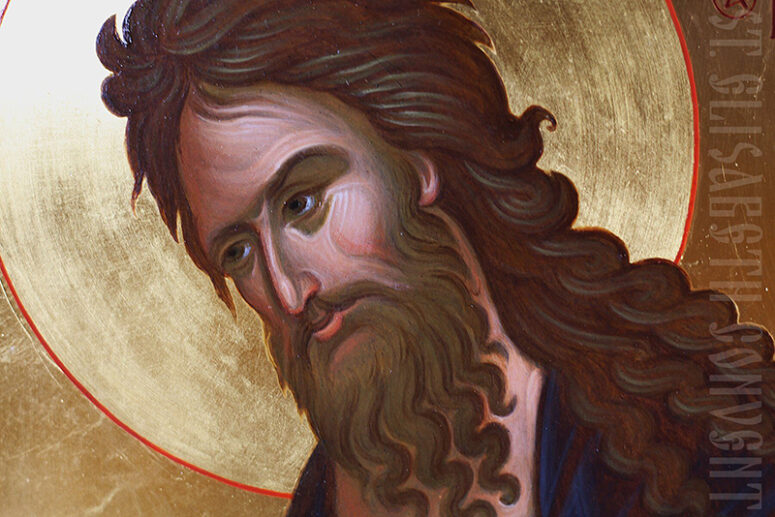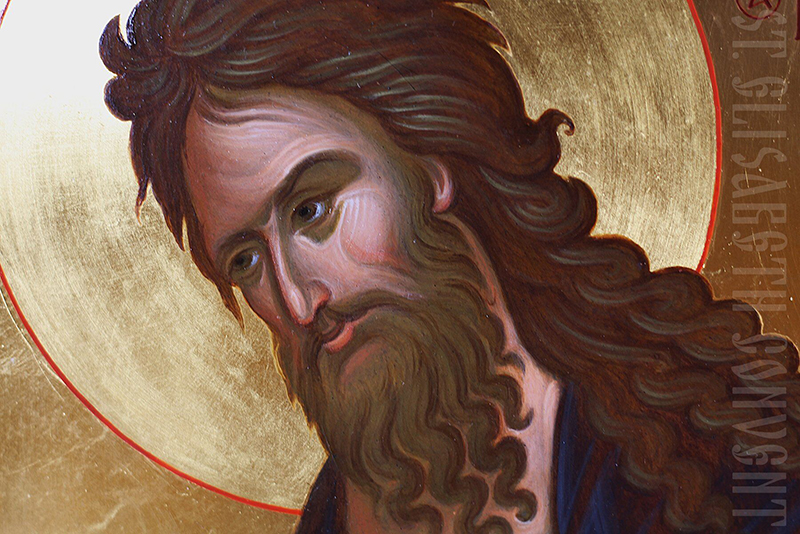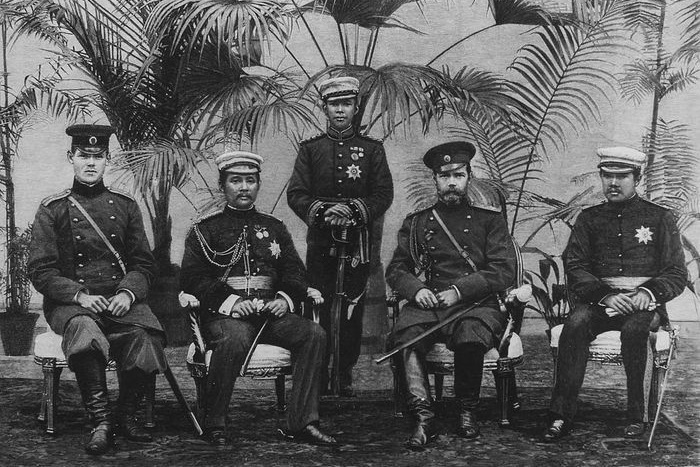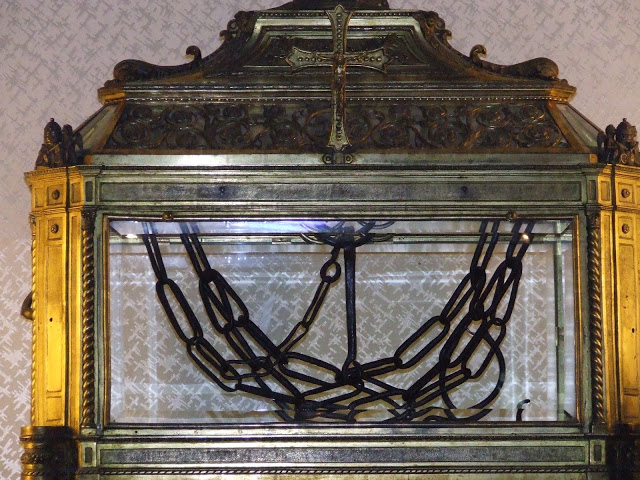
Mark 1: 1-8
2 Tim. 4: 5-8
St John the Baptist called people for repentance. He fulfilled Isaiah’s prophecy: “Prepare the way for the Lord, make straight paths for him.” St Luke takes this prophecy further: “Every valley shall be filled in, every mountain and hill made low. The crooked roads shall become straight, the rough ways smooth.” (Luke 3:5) Luke also gives several examples of how John the Baptist was lowering the “mountains” and filling in the “valleys” of human hearts.
When St John saw “many of the Pharisees and Sadducees coming to where he was baptizing, he said to them: ‘You brood of vipers! Who warned you to flee from the coming wrath? Produce fruit in keeping with repentance. And do not think you can say to yourselves, ‘We have Abraham as our father.”” (Matthew 3:7-9) These people, although brought to John by the “mainstream”, were still assured that their salvation was guaranteed by the mere fact of their descending from Abraham. John’ severe reproach, demanding the “fruit of repentance,” throws cold water on them. According to Luke, John said this not only to the Pharisees, but in general to all “people who came to be baptized by him” (Luke 3: 7). Indeed, pride and self-confidence are characteristic of people even from the lowest strata of society.
So, John did not hesitate to lower these “mountains.” At the same time, he was always happy to fill in the “valleys”. Those who came with true humility and repentance reacted to his severe reproach with the crucial question: “What should we do?” John answered, “Anyone who has two shirts should share with the one who has none, and anyone who has food should do the same.” (Luke 3:11) Here is a universal tip. Regardless of who you are, in doing so you can’t go wrong.
Different types of people were turning to John. Among them were the tax collectors. These people bought from the Roman authorities the right to collect taxes. They paid the expected amount right away. At the same time it was clearly stated how much of the collected taxes they could keep for themselves. It was impossible, however, to track how much they collected and how much they kept. That set a perfect scene for unjust enrichment of tax-collectors, as well as made them an object of people’s hatred. However, when tax-collectors asked John what they should do, he did not force them to quit this job, as invariably sinful. He only said, “Don’t collect any more than you are required to”, that is, “abide by your contract”.
Warriors also came. A warrior is given weapons and the right to use them. That also caused a considerable temptation to use weapons not to protect the weak, but to rob them. But, again, John does not say to the soldiers anything like, “Throw down your weapons, and you will be saved.” The profession of a warrior is needed, but it must be performed with honor. “Don’t extort money and don’t accuse people falsely–be content with your pay.” (Luke 3:14) A warrior is a respected figure. There is a separate rite of consecration of weapons. A priest prays that the Lord will bless this weapon to protect widows and orphans, and the Church of God.
So, this is how St John the Baptist interacts with people. He puts the proud in their place with harsh words, at the same time he gladly gives advice to those who humbly ask for it. He also teaches that we should not leave any kind of activity at the enemy’s mercy. Indeed, one must honestly labor to turn even the most precarious things in God’s favor.
Translated by The Catalogue of Good Deeds
Source: https://azbyka.ru/otechnik/Vyacheslav_Reznikov/propovedi-na-kazhdyj-den/56_1




